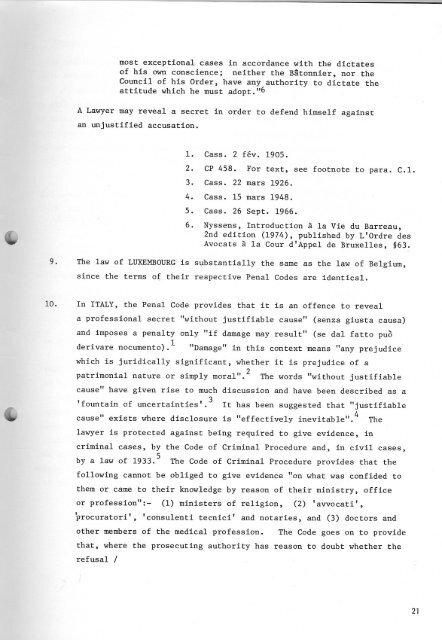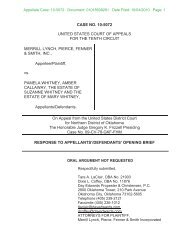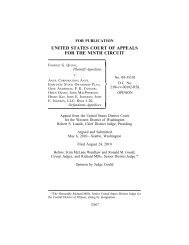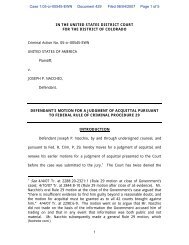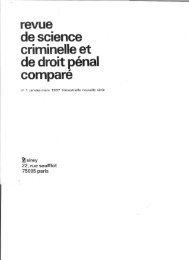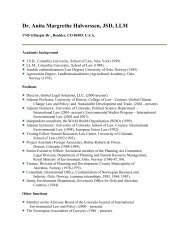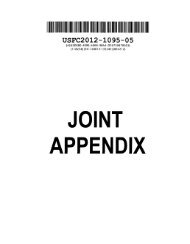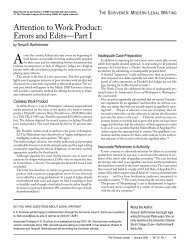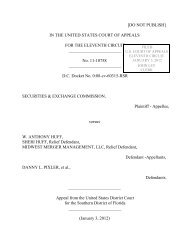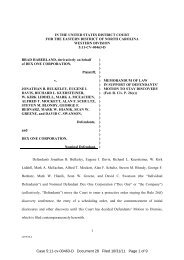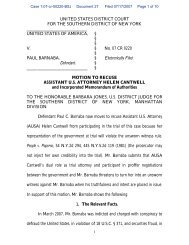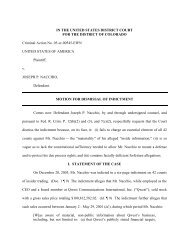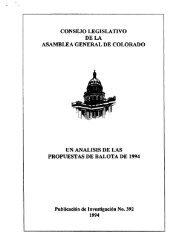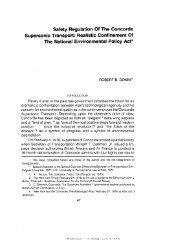The Professional Secret, Confidentiality and Legal Profession ...
The Professional Secret, Confidentiality and Legal Profession ...
The Professional Secret, Confidentiality and Legal Profession ...
Create successful ePaper yourself
Turn your PDF publications into a flip-book with our unique Google optimized e-Paper software.
most exceptional cases in accordance with the dictates<br />
of his own conscience; neither the Batonnier, nor the<br />
Council of his Order, have any authority to dictate the<br />
attitude which he must adopt."6<br />
A Lawyer may reveal a secret in order to defend himself against<br />
an unjustified accusation.<br />
1.<br />
Cass.<br />
Cass. CP Cass. 2. 458.<br />
222 15 26 fev. mars For Sept. 1966. 1905. text, 1948. 1926. see footnote to para. C.l.<br />
3.<br />
4.<br />
5 •<br />
6. Nyssens, Introduction a la Vie du Barreau,<br />
2nd edition (1974), published by L'Ordre des<br />
Avocats a la Cour d'Appel de Bruxelles, §63.<br />
9. <strong>The</strong> law of LUXEMBOURG is substantially the same as the law of Belgium,<br />
since the terms of their respective Penal Codes are identical.<br />
10. In ITALY, the Penal Code provides that it is an offence to reveal<br />
a professional secret "without justifiable cause" (senza giusta causa)<br />
<strong>and</strong> imposes a penalty only "if damage may result" (se dal fatto pUG<br />
derivare nocumento).l "Damage" in this context means "any prejudice<br />
which is juridically significant, whether it is prejudice of a<br />
patrimonial nature or simply moral".2 <strong>The</strong> words "without justifiable<br />
cause" have given rise to much discussion <strong>and</strong> have been described as a<br />
'fountain of uncertainties,.3 It has been suggested that "justifiable<br />
cause" exists where disclosure is "effectively inevitab1e".4 <strong>The</strong><br />
lawyer is protected against being required to give evidence, in<br />
criminal cases, by the Code of Criminal Procedure <strong>and</strong>, in civil cases,<br />
by a law of 1933.5 <strong>The</strong> Code of Criminal Procedure provides that the<br />
following cannot be obliged to give evidence "on what was confided to<br />
them or came to their knowledge by reason of their ministry, office<br />
or profession": - (1) ministers of religion, (2) 'avvocati',<br />
procuratori', 'consu1enti tecnici' <strong>and</strong> notaries, <strong>and</strong> (3) doctors <strong>and</strong><br />
other members of the medical profession. <strong>The</strong> Code goes on to provide<br />
that, where the prosecuting authority has reason to doubt whether the<br />
refusal /<br />
21


